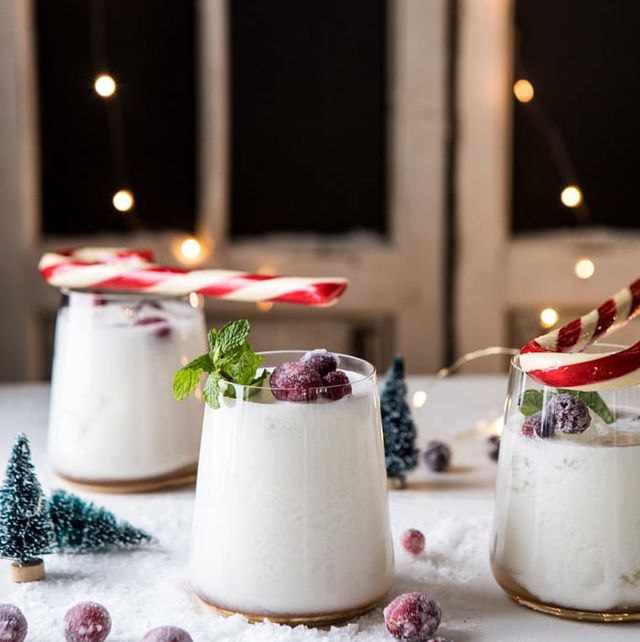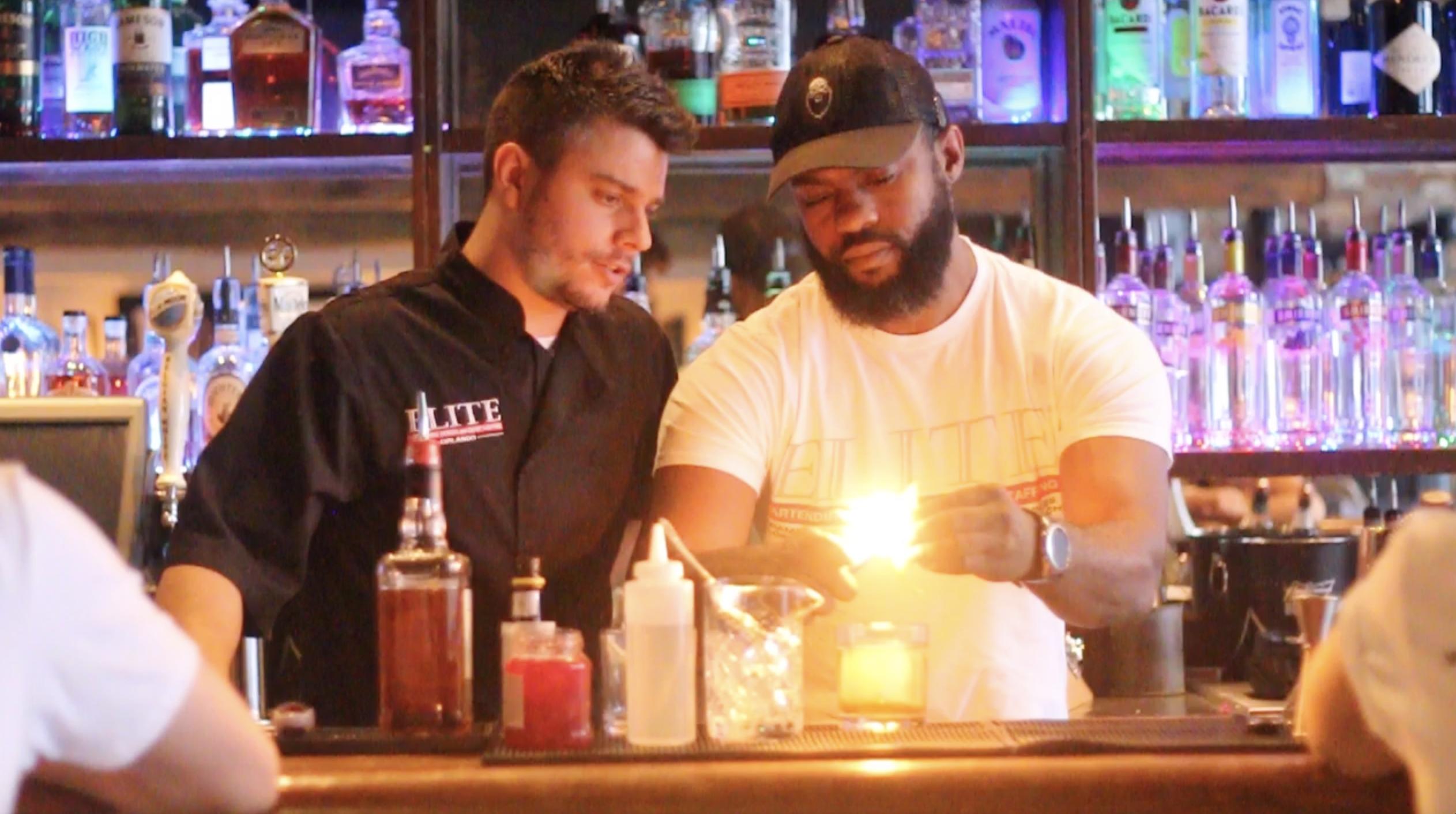
Whether you plan on operating a bar, restaurant, or other type of licensed establishment, you will need a Nebraska alcohol serving permit. The process is relatively straightforward, although some local jurisdictions may have some quirks. The first step is to decide which type of license to apply for. You might apply for a Class C or I license if you are looking to sell alcohol beverages. These licenses permit you to sell alcohol to customers both on-site and off-site. You'll also need to obtain approval from the Nebraska Department of Health and the state fire marshall. If you're serving alcohol to minors, you'll need a Municipal health permit.
Outdoor events should have proper garbage disposal as well as a toilet facility. Also, you will need adequate fencing materials. You must have a 6-foot wall to contain outdoor events that aren’t within a designated bar area. You must be present with a parent or guardian if you are serving alcohol to minors. Nebraska's Dram Shop law must be followed if you serve alcoholic beverages to minors. A Special Designated License is required by the municipality if you are serving alcohol at a private event.

Nebraska Liquor Control Commission or NLCC is the state agency in charge of Nebraska's bartender licensing regulations. You can find out all the details about Nebraska's bartender licensing laws online. The NLCC can also look at your online certificate as a server and let you to know if you meet the minimum requirements. Any questions? You can also contact the NLCC.
If you're planning on serving alcoholic beverages at the University of Nebraska-Lincoln (UNL), you'll need to get an alcohol serving permit from the Vice Chancellor for Business and Finance. This permit must be approved four weeks before your event begins. Also, your approved alcohol service permit must be displayed at your event. UNL has approved caterers for food. You will lose your UNL eligibility if you do not meet these requirements.
If you're hosting an event that falls under a category other than a private social event, you'll also need a Special Designated License from the city or county in which your event takes place. To apply for a Special Designated License you will need to complete an application and provide evidence of your financial resources. The county or city will decide whether to approve or deny your request. After that, you will have a public hearing. Within 45 days, the hearing will take place. The governing body will then set a date and time. Also, evidence will be required to prove your compliance with the Nebraska Liquor Control Act as well as local liquor ordinances.

The renewal of Nebraska liquor licenses is also handled by the NLCC. Although the process is straightforward, you will need to fill out an application and pay the annual fee. You will also have to update the renewal date with any material changes.
FAQ
Are there special tools you will need to make cocktails?
Not at all. You only require a few items.
-
Glasses
-
Strainer
-
Lid
-
Cocktail shaker
-
Cutting board
-
Knife
-
Measuring cups and spoons
-
Jigger
-
Tongue depressors
-
Stirring sticks
-
Lemon wedge
-
Sugar cube
-
Salt
-
Pepper
-
Ice cubes
-
Ice
-
Water
-
Alcohol
-
Wine
-
Beer
-
Soda water
What goes with a martini
There are many options for what you can put in your martini glass. Here are some examples:
-
Olives
-
Lemon slices
-
Maraschino cherries
-
Peanuts
-
Cheese cubes
-
Pickles
-
Caviar
-
Grapes
-
Strawberries
-
Ice cream
-
Shrimp
-
Crabmeat
-
Oysters
-
Sushi rolls
-
Bacon bits
-
Hard-boiled eggs
-
Cocktail onions
How do I make cocktails?
There's no right or wrong answer. You'll have to experiment until you find something that works for you.
There are some things to keep in mind as you learn how to make cocktails.
-
Ingredients such as citrus juice, lemon or orange juice will be used in many recipes. These ingredients are not always interchangeable.
-
Some recipes may require specific types of glassware. So before you buy anything, check out which glasses work best with your preferred type of beverage.
-
When making cocktails, always remember to add ice first. Next, pour your liquid over the ice.
-
Always shake well! Shaking the mixture will make it more flavorful.
-
Garnishes should not be forgotten! They bring everything together.
-
Use fresh herbs whenever possible. Fresh herbs taste more flavorful than dried.
-
You can try different flavors. You can add different fruits, spices, or herbs to your favorite drinks.
-
Try out different alcohols. There are many varieties of spirits. Each type has its own distinctive flavor.
-
Mixing drinks can have fun. Mixing drinks can be fun if you follow the simple rules.
-
Always be open to asking questions. Most bars and restaurants are open to sharing their knowledge.
What's the difference between a Manhattan and a martini?
You can make a martini by adding gin and vermouth. To make a Manhattan, you add whiskey to sweet vermouth. Both drinks are served chilled.
Statistics
- with a light percentage of 4.2% or any with a light percentage of 4.2% or any Coors/Bud/Miller Lite, which also is 4.2% (breakingtheboredom.com)
- You can simply follow the rule of thumb: $1/beer or wine, $2/ cocktail, and 10-20% for large tabs. (alembicbar.com)
- According to a post on Quora, the average bartender can make upward of 140 drinks per hour. (gloworder.com)
- majority of pineapple juice and Malibu rum is only 21% alcohol content. (breakingtheboredom.com)
External Links
How To
How to make the perfect Margarita home
The most well-known cocktail is made of tequila which comes from agave, Cointreau which is a sweet orange spirit, and fresh lemon juice. To enhance the flavor of the cocktail, you can add salt and sugar to it, as well as bitters, cinnamon sticks, and chocolate syrup.
If you want to try making your own, here's how you do it!
Ingredients
-
1/2 cup ice cubes
-
3 oz Tequila Blanco
-
1/4 cup Cointreau
-
Juice of 1 Lime
-
Salt
-
Sugar
-
Cinnamon stick
-
Chocolate syrup
Method
Add the ingredients to a shaker with ice. Give it a shake for 10 seconds and then pour into a glass. If desired, garnish with a slice or lime.
You can also use this recipe as a template for other types of alcohols, such as:
-
Whiskey Sour
-
Daiquiri
-
Manhattan
-
White Russian
-
Brandy Alexanders
-
Gin & Tonics
-
Sidecars
-
Collins
-
Scotch & Soda
-
Margaritas